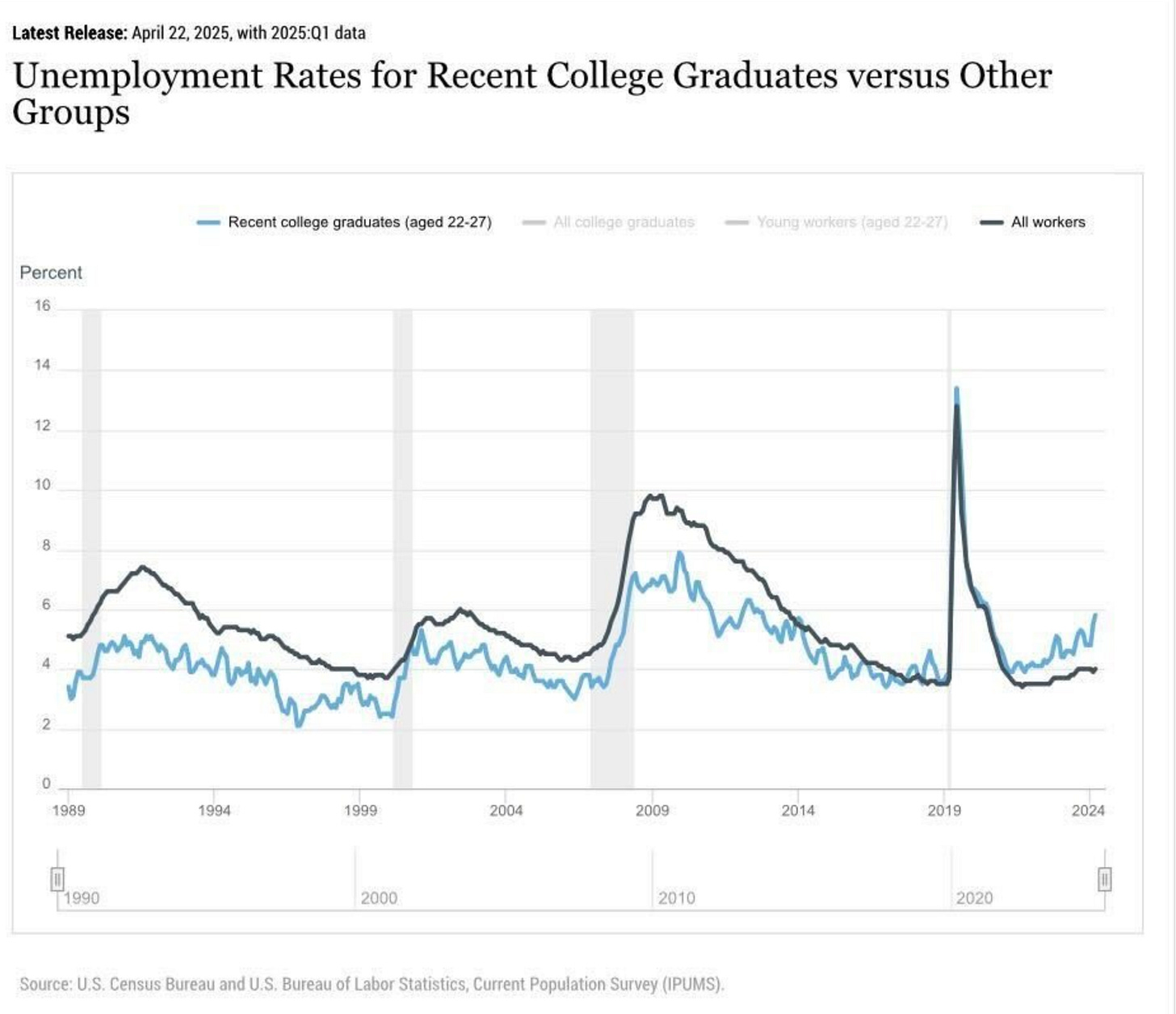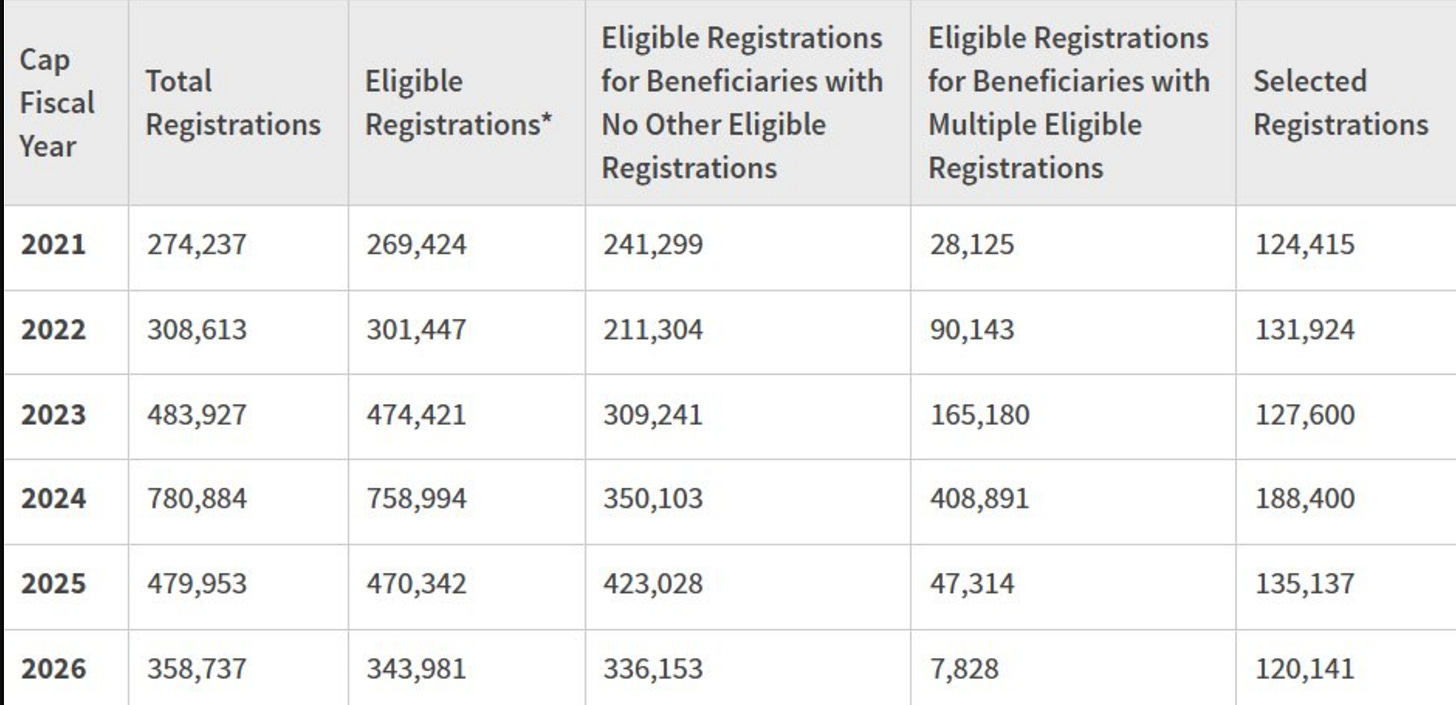How Tens of Millions of Trump Voters will Turn Into Bernie Supporters
How Right-wing Populism Can Transform Into Left Wing Populism
Republicans are riding high; not only has Donald Trump achieved the most impressive comeback in American political history, but he has also forged a successful new coalition of the ascending. Young voters, Hispanics, and working whites are the new backbone of the GOP. Even after months of wall-to-wall negative coverage about the president, his overall approval numbers are still some of the best of his career. The electoral juggernaut that President Obama built has all but been washed away. So long as they can hold that coalition together, they’ll have the upper hand in 2028, the last election before redistricting makes it incredibly difficult for Democrats to retake the White House for the coming decade.
Trump told Americans that we were entering a new Golden Age, and while the jury is still out on that, Republicans are already celebrating.
Long before Trump ever threw his hat into the race almost a decade ago, the signs were present that a populist uprising was going to sweep America. Back in 2010, I wrote my first article, stating that a candidate who ran on a non-interventionist foreign policy and economic nationalism would take the GOP by storm, and even suggested that Trump run himself. In the following year, I argued that none of the Republican candidates running in the GOP primary were willing to say the hard truth on immigration, that we needed no amnesty for illegals and restrictions on legal immigration.
I say all that to say that I have a track record for predicting trends. For all the good feelings Republicans have enjoyed, they could be gone in the blink of an eye if they handle the AI revolution poorly.
As I discussed on my podcast, for the first time in over 40 years, the unemployment rate for recent college graduates is modestly higher than the national average. The overall national average stands at 4.2 percent, while among recent college graduates it’s at 5.8 percent. The rate of underemployment, which measures people holding jobs that don’t utilize their skills or degrees or don’t offer full-time employment, climbed to 41.2 percent, according to Barron's. According to the New York Federal Reserve, students graduating with degrees in computer science, chemistry, physics, and computer engineering had higher unemployment rates in construction and nutrition science.
This trend not only affects recent college graduates, many of whom likely lean left in their politics, but also impacts their Gen-X parents and Baby Boomer grandparents, who have paid their way, taken out student debt loans, or see their proteges’ dreams falter as they try to figure it out.
It’s the worst job market for recent college graduates since the peak of the COVID pandemic and before that, since the Great Recession.
A situation where college students have higher unemployment rates than the national average results in delayed first home purchases, marriage, and family formation. All the great crises of our time are likely to intensify as we enter the latter half of the decade.
So, why, in a robust economy with no once-in-a-lifetime pandemic, mortgage crisis, or war, is the economy so terrible for recent college graduates?
According to Derek Thompson of The Atlantic, the three most probable causes are that the economy has not fully recovered from the Great Recession and the COVID-19 lockdowns, and that there has been a structural shift where college doesn’t produce the same labor advantages that it once did. The third, and most likely in my opinion, is that corporations have already begun to replace entry-level jobs with artificial intelligence.
The strong interpretation of this graph is that it’s exactly what one would expect to see if firms replaced young workers with machines. As law firms leaned on AI for more paralegal work, and consulting firms realized that five 22-year-olds with ChatGPT could do the work of 20 recent grads, and tech firms turned over their software programming to a handful of superstars working with AI co-pilots, the entry level of America’s white-collar economy would contract. The chaotic Trump economy could make things worse. Recessions can accelerate technological change, as firms use the downturn to cut less efficient workers and squeeze productivity from whatever technology is available. And even if employers aren’t directly substituting AI for human workers, high spending on AI infrastructure may be crowding out spending on new hires.
While corporate America continues to replace entry-level jobs with AI, Washington, D.C., hasn’t kept up with the needs of American workers to find new jobs.
Congress and the Trump Administration continue to approve new H-1 B visas, despite a notable decrease from the last year of the Biden Administration. Nevertheless, FY 2026 is expected to see more than 120,141 new H-1B visas for tech companies.
The decline from 2024 to 2025 is attributed to a Biden-era reform that curbed multiple filings and lottery fraud. According to U.S. Tech Workers, with one registration per beneficiary on average, the abuse has been largely wiped out.
Tech entrepreneurs, for their part, are not exaggerating the economic challenges facing current college students and recent graduates. OpenAI’s Sam Altman proudly stated that artificial intelligence is going to replace more repetitive human work. Dario Amodei, the CEO of Anthropic and a leader in the AI industry, gave an interview with Anderson Cooper on CNN, where he stated that he believes 20 percent of all entry-level white-collar jobs will be eliminated by new technology within the next one to five years. David Hsu, the founder of Retool, says his goal is to automate 10 percent of the labor force within the next five years.
They’re letting everyone know what the plan is.
I’ve spoken to some Republican lawmakers who believe that AI will work like the internet, creating millions of new jobs that are completely unforeseen as of right now. Maybe that’s the case, but it could very likely create mass instability while the economy adjusts.
Voters, for their part, are worried. In March 2023, a YouGov Poll found that only 29 percent of Americans thought the advances in AI would lead to a decrease in the number of jobs available in their industry. Fast forward to August of 2024, and that number increased to 48 percent.
So, it’s very likely that the subsequent significant populist backlash will be fueled by millions of recent college graduates who are angry that they can’t find work, while their Gen-X parents and Baby Boomer grandparents are on the line to pay their student loans. AI could be a bigger rallying cry than the anti-war movement of 2008 or the anti-immigration backlash that led to the rise of Trump in both 2016 and 2024.
What then?
Suppose Amodei is correct, and I’m not saying he is, but let’s say the chance that the country reaches a 20 percent unemployment rate of recent college grads before the next election. In that case, it will eclipse even the anti-Wall Street fervor that reinvigorated the progressive movement, ultimately leading to a rise of Bernie Sanders and AOC. This will be a Great Depression for a generation and likely lead to a populist response.
Republicans, for the most part, are sleepwalking through this technological revolution and the effects it can have on the future. Sen. Ted Cruz has proposed threatening states with the loss of their broadband funding if they attempt to regulate AI in any way that halts its development, even at the expense of consumers and workers. Congress, for its part, has offered no bipartisan outline for a national standard.
Other mouthpiece tech experts have insisted that any push to regulate the technology will lead to China winning the AI race.
There are many moving parts; no one can exactly tell where we’re going as a people and a country. Still, this much is clear: if we wake up ahead of the 2028 election and the unemployment rate for recent college graduates has reached double digits, bringing the overall unemployment rate with it, millions of voters who threw their support behind Donald Trump will be looking for an anti-woke progressive for answers.
Want to turn tens of millions of Trump voters into Bernie or AOC voters before the next election? Automate their jobs out of existence, replace the few remaining with H-1b workers, and offer them no plan on how to move their lives forward.
Republicans could be playing a perilous game.







Ryan, you're making massive assumptions that these young Trump supporters will automatically blame the GOP, based simply because they're in charge. Remember, these young people already had a taste of Bernie and AOC and rejected them. You're going to have to come up with more facts than assumptions before you throw out these wild predictions of doom and gloom for the GOP.
I’m an AI optimist but there’s no doubt the nature of the economy is changing.